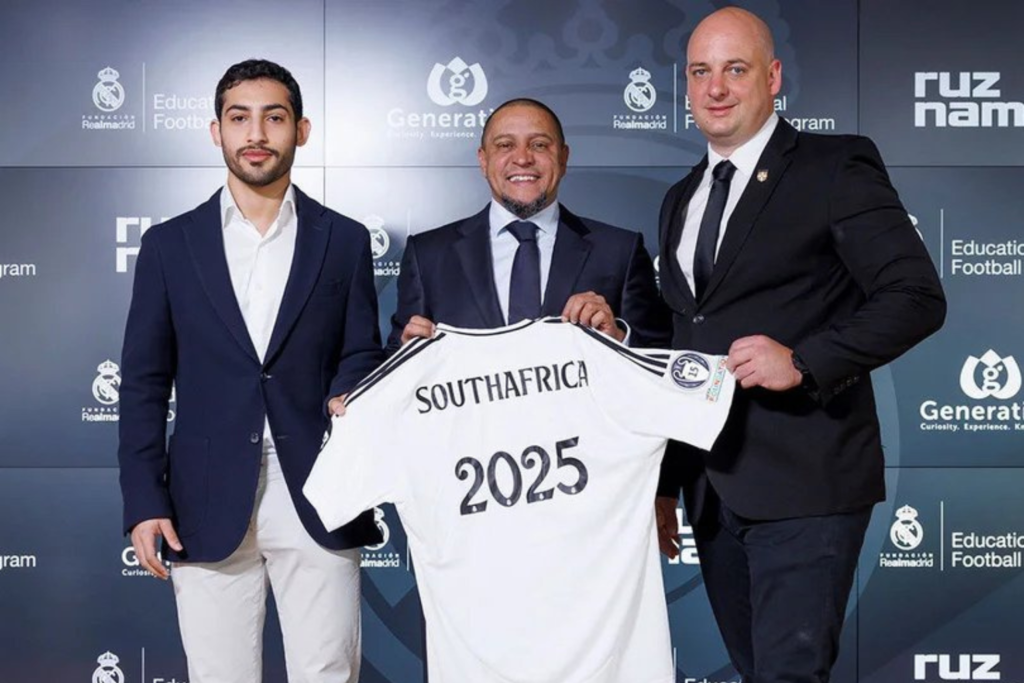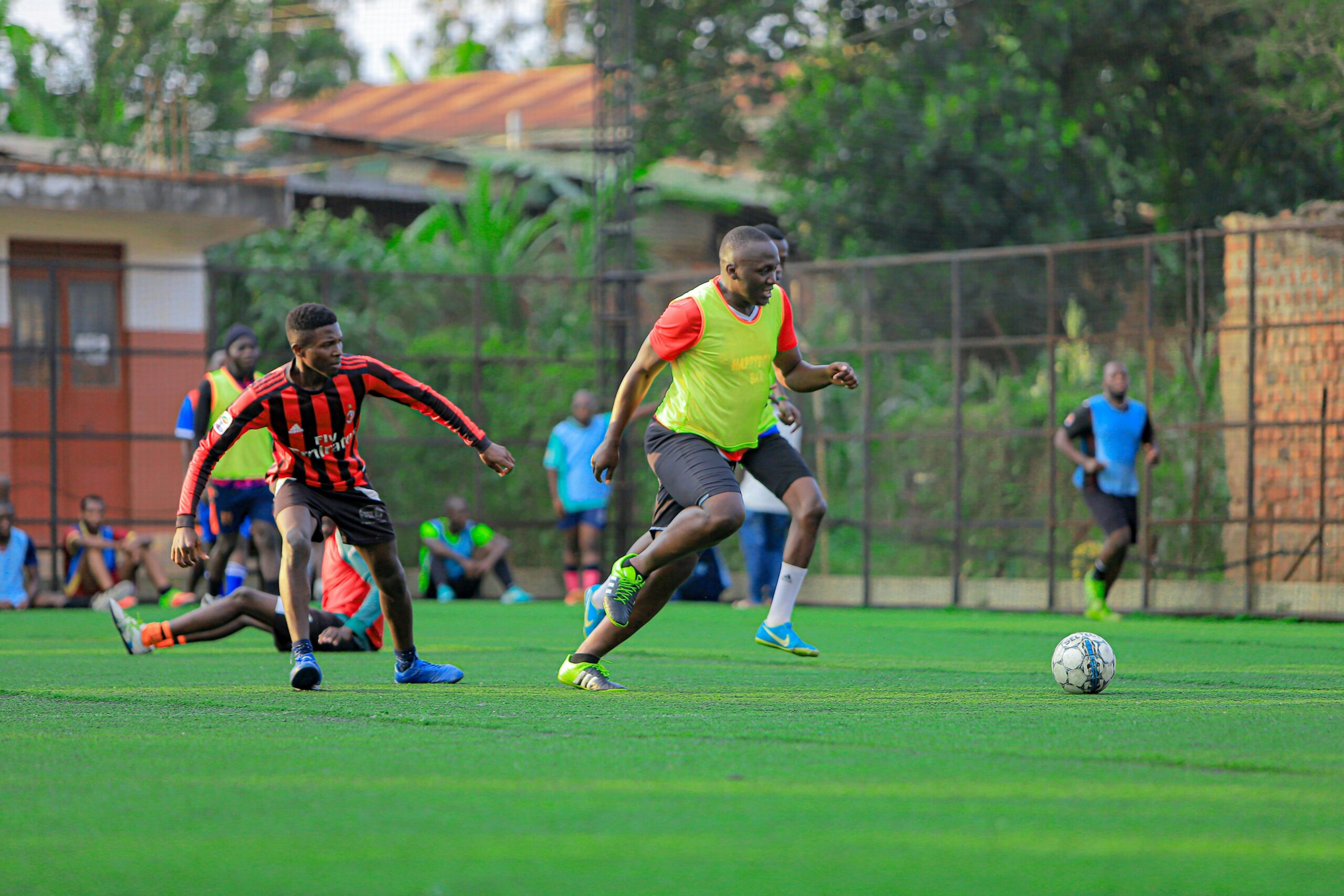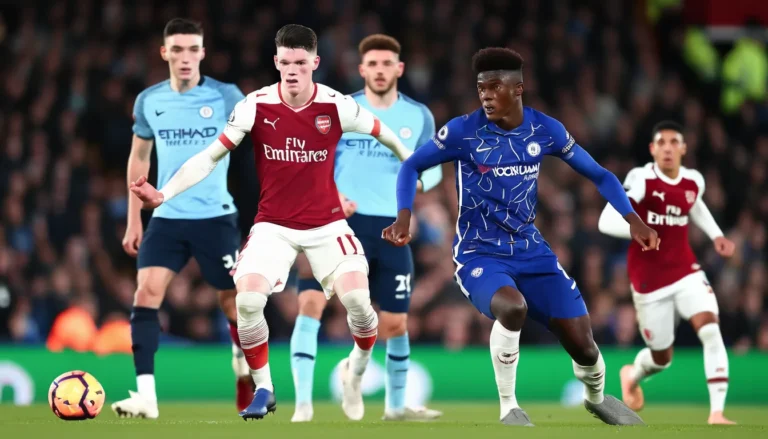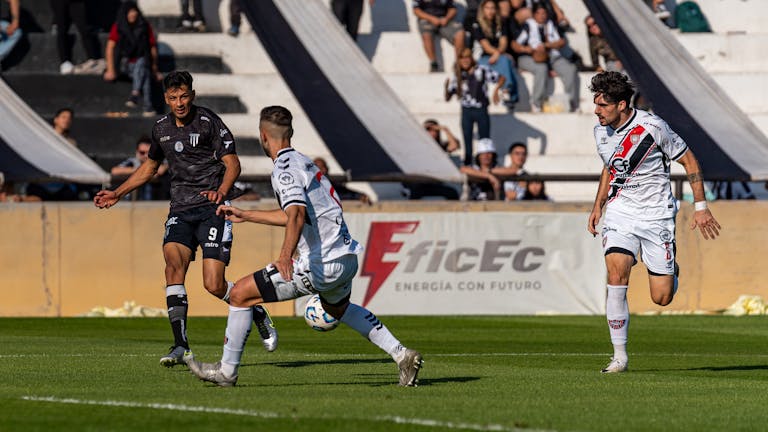African Football’s Global Surge: How the Continent Is Shaping the Beautiful Game in 2025
African football is no longer just a promising talent pool for international clubs; it is now a driving force with a huge role in reshaping the sport. Let’s explore how recent performances, strategic investments, and grassroots momentum propel Africa into the spotlight.
Rising Competitiveness in World Cup Qualifiers
Africa’s 2026 World Cup qualifying campaigns have been anything but predictable. Take Benin’s gritty 2-2 draw against Zimbabwe in Group C (March 2025), which showed tactical maturity and resilience [Fifa]. Meanwhile, Algeria’s dominant 3-1 win over Botswana [Fifa] highlighted their fusion of European league experience and homegrown talent. These results are flukes, and they reflect deeper systemic changes:
Strategic coaching hires: Nations like Senegal and Morocco now prioritize coaches with Premier League or Champions League pedigrees.
Data-driven prep: Teams now leverage analytics to exploit opponent weaknesses, as seen in Egypt’s set-piece dominance against Ethiopia [Fifa].
AFCON 2024: A Platform for Global Talent
The January 2024 Africa Cup of Nations (AFCON) was a continental showdown and a global audition in the Ivory Coast. Nigeria’s 2-0 semifinal win over Cameroon and the Ivory Coast’s dramatic extra-time victory over Mali drew praise from European scouts. Notable star performers, like Nigeria’s Ademola Lookman (Atalanta BC) and Ivory Coast’s Franck Kessié (Al-Ahli), used the tournament to solidify their world-class reputations.
There were also visible tactical innovations. Teams increasingly adopted high-press systems popularized by top European leagues, narrowing the gap between African and UEFA-ranked sides.
Youth Development: The Secret Sauce

Africa’s youth academies are now producing players ready to dominate globally.
During the 2025 U-17 Women’s World Cup qualifiers, the hosts Morocco and three other African teams secured spots by outperforming European and South American rivals [Wikipedia].
There have been big club partnerships, such as when French giants PSG and Lyon opened academies in Senegal. As recently as January 2025, the Galácticos giant Real Madrid launched its first soccer academy in South Africa. The academy promises world-class training for young players, integrating athletics, academics, and personal development[SpnAfrica]. The academy welcomes children ages 6 to 17. This focus on youth is not accidental. African nations invest in systems, not just stars, ensuring sustainable growth.
Club Competitions Gain Momentum
The 2024/2025 African Confederation Cup has seen record viewership, with matches like RS Berkanes’ 3-1 victory against Stellenbosch trending globally. The recent spike in interest in African football is undeniable, but this recent spike can be attributed to recent progress and developments, like;
Increase funding by CAF (Confederation of African Football)after they doubled the prize money for 2024/2025 to attract top-tier talent.
The broadcast deals and partnerships with BEIN to bring the games to over 40 countries in the Middle East and North Africa (MENA) and Asia-Pacific (APAC) regions, as well as France and the US. Exposing African clubs to new fan bases is also a huge win for African football[Sportspro].
The Road Ahead: Challenges and Opportunities
Africa’s football rise isn’t without hurdles. Infrastructure gaps and inconsistent refereeing remain issues. However, with the 2026 World Cup expanding to 48 teams (Africa gets nine slots), the continent has a chance to redefine its legacy. As I will always say, we are not just participants, we are trendsetters[Si]. Africa’s football revolution is built on a mix of raw talent, smarter investments, and unyielding passion. The continent isn’t waiting for recognition. It’s demanding it. By 2026, don’t be surprised if an African team lifts the World Cup. After all, the groundwork is already laid.






